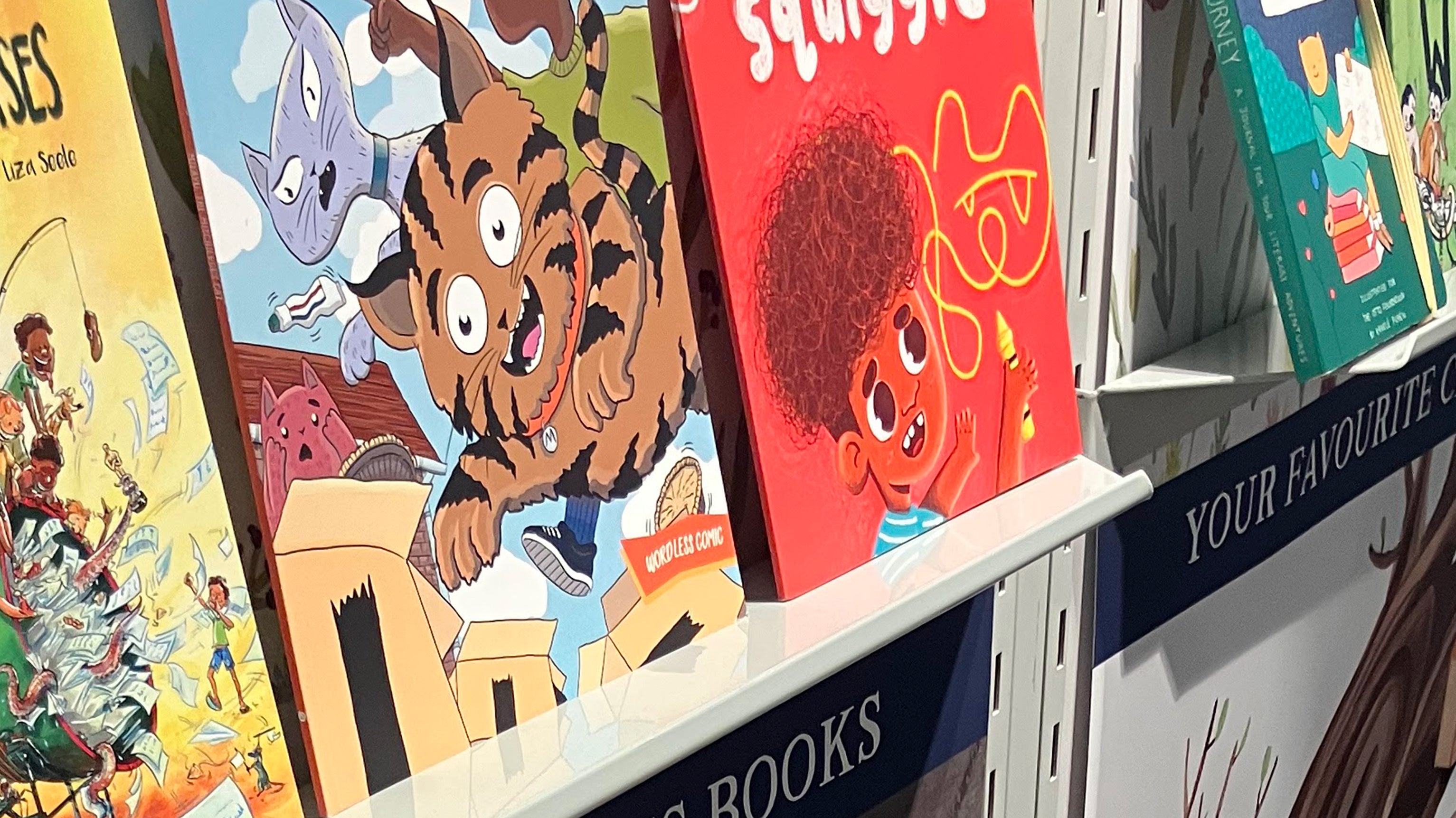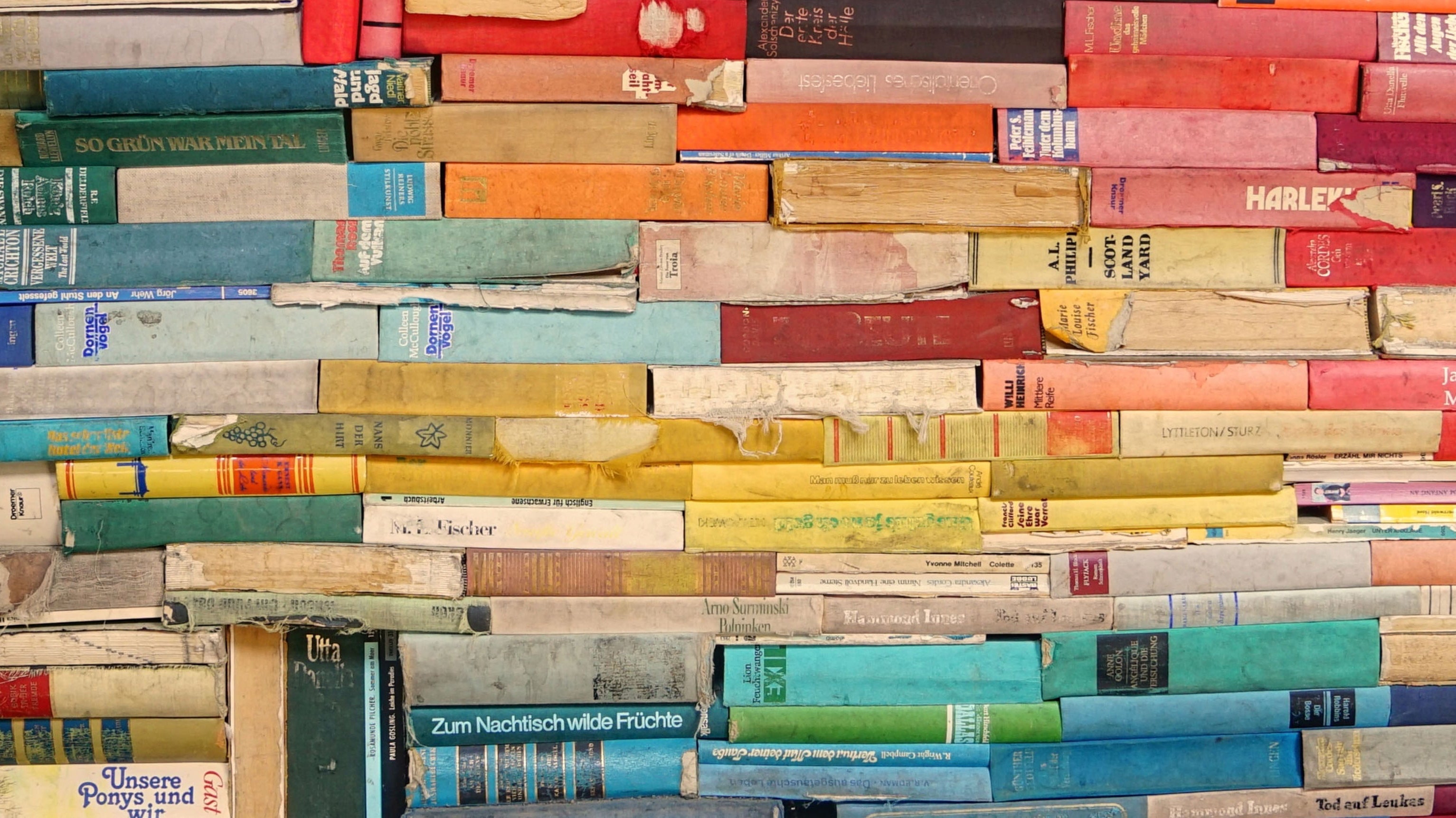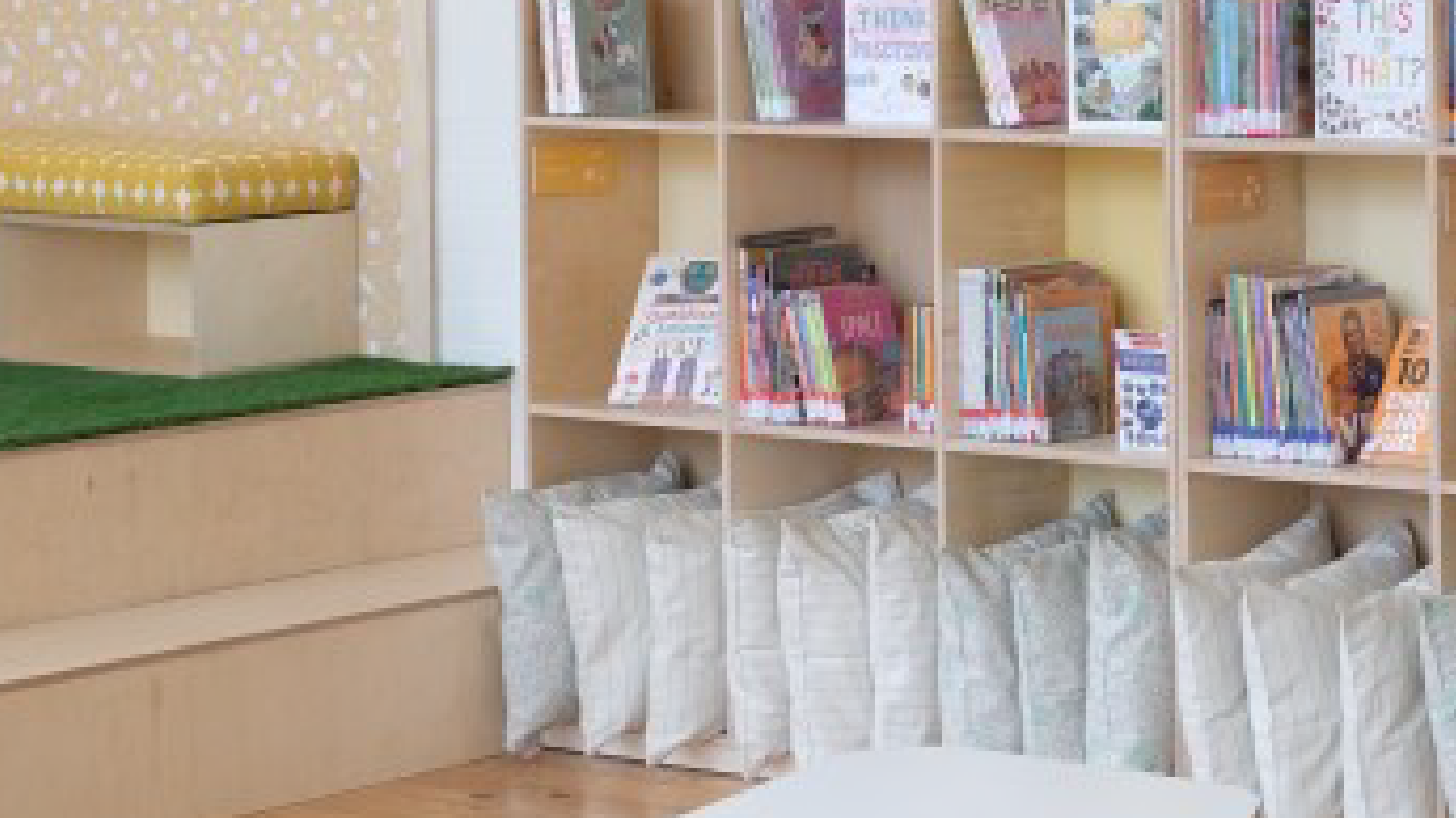The phrases "Proudly South African" and "Local is Lekker" have been around for so long that we perhaps don’t notice them any longer. But we should take a closer look and unpack what they really mean.
The concept of supporting local is not just about buying from the local butcher or using the local plumber. We need to think of "local" in terms of all of South Africa. There is such a wealth of talent and skill in this country that needs to be better used, and for us we see this especially around writing, illustrating, reading and publishing.
We want to start asking consistently of ourselves: Are you encouraging South African businesses to thrive? Are you ensuring the money you work so hard to earn circulates in your own country? Are you considering your neighbour?
The Return of the Local Artisan
Artisanal coffee, artisanal bread, bespoke leather work... the recent demand and desire for these signals a frustration with mass production and the return of the independent trader with the intention of servicing their ‘local’ market.
Perhaps it is a desire to craft something from beginning to finish, rather than just be a small wheel in the big machine, or a desire to have the satisfaction of seeing your own creation come to life, or simply to supply a local need and to be more relational in business.
We aren't going to explore the economic and psychological complexities of this, but we will ask the question: Why not literature too? When considering our next read, are we prioritising local authors? If not, what bias against local literature could exist that is getting in our way?
What is Local Literature?
Many South African kids’ books do not tell local stories. That is not necessarily a bad thing, but according to Ann Beatty, CEO of the Steve Sinnott Foundation there are numerous benefits to using local stories, a few being:
- Local stories raise the socio-cultural awareness of the readers
- They promote the values of love, unity and social cohesion
- They enhance the preservation of the socio-cultural history of the local people
Allowing a child to read stories where the context of the character or plot is something familiar is hugely beneficial, and will encourage further reading as they grow. But we should reconsider what local context means in local literature.
Our Publishing Director, Brad Harris says: "Where possible, we should prioritise local in all instances; a local author writing about a local story. But we need to begin to allow ourselves to broaden our scope of storytelling. Local stories do not mean boxed stories. Local stories do not mean safari stories. Local stories do not mean stories dealing only with South African history. They can. Of course, they can... but they can be broader too. A local story can simply be about a local character - a person for a child to connect with and think "They're like me". We have seen a lot of bias form around local literature, because a leading thought on local books are that they are always about the same topics. If it's a progressive book, it will be hotly pressing a social issue. If it's a traditional book, it will likely follow some kind of general safari scene. These are good books too, don't misunderstand me, and books I'll continue to enjoy. But, local children's literature is so much bigger than these.
"Local literature is complex, it's dirty, it's colourful, and when you start to look... you realise there are stories to rival the great bestsellers from overseas. But South African authors will not continue to progress and evolve so long as they are not supported, because... well, how could we expect them to?" - Publishing Director, Brad Harris
A Local Purchase = Local Production = Local Job Creation
Looking beyond the content, the benefit of consumers purchasing locally authored and published books makes sense on an economic level. A purchase of a local product means that you are supporting a local manufacturer, which means you are supporting the hundreds of roles that work at said manufacturer. You aren't making the difference of R100. It's not that small. Each drop makes the ocean, and every little purchase pays for the hundreds of staff to be employed at that manufacturer. It is not always better quality than an internationally produced product (although often this is the case), but it always means that you are supporting your national community.
Perhaps we should give you an idea. At Imagnary House, the people involved in producing one of our books (and who benefit from its sale) are:
- A local author
- A local illustrator
- A local book designer
- A local editor
- Various local test readers
- A local publisher (which is us, and who employ other roles beyond what is mentioned here)
- Our printers (who are always local, and who employ tens to hundreds of staff)
- Our couriers (who employ hundreds of staff)
- Our distributors (who employ hundreds of staff)
- Our various booksellers (who employ hundreds of staff)
It should be clear now that what looks like a small purchase a local book is not so little. That purchase supports every one of these mentioned here, and we have likely left some people out. Not only does buying local books directly support all these various people, but it also encourages a wider distribution of local books, which means more children are becoming readers and, in turn, more young adults are growing to be authors or illustrators... and so the big wheel turns.
As more South Africans are able to support themselves as authors and illustrators, an industry of storytelling grows. The knock on economical effects are many and, if nothing else, will at least ensure the continued existence of the local print industry (this may sound small, but printers employ large numbers of staff for an array of different jobs, skilled and unskilled).
Our Commitment to Supporting Local
At Imagnary House, we believe that besides talking the talk we also need to walk the walk, which we try to uphold by:
- Ensuring that we prioritise publishing local authors and local stories. Of our current creators, authors and illustrators, 93% are local.
- Maintaining that all of our printing, binding and production is done in South Africa. In addition, and wherever possible, to use materials that were produced within South Africa, and prioritise locally owned companies.
- Giving independent local bookstores preferred retail discounts and retail contracts.
There's not much more to it, other than this thought, "How can we expect our readership to buy local books, if we don't choose local first?" We choose to lead the way.
So, this year, why not join us in our commitment to support local and to be more intentional in our buying decisions. The impact your purchase of one of our children's or middle-grade books will make is like a ripple in a pond, spreading out into the local market, giving numerous people the opportunity to make a living. With such a simple purchase, not only are you supporting a local business and local artisans, but you are adding to the imaginations and literacy of South Africa.





